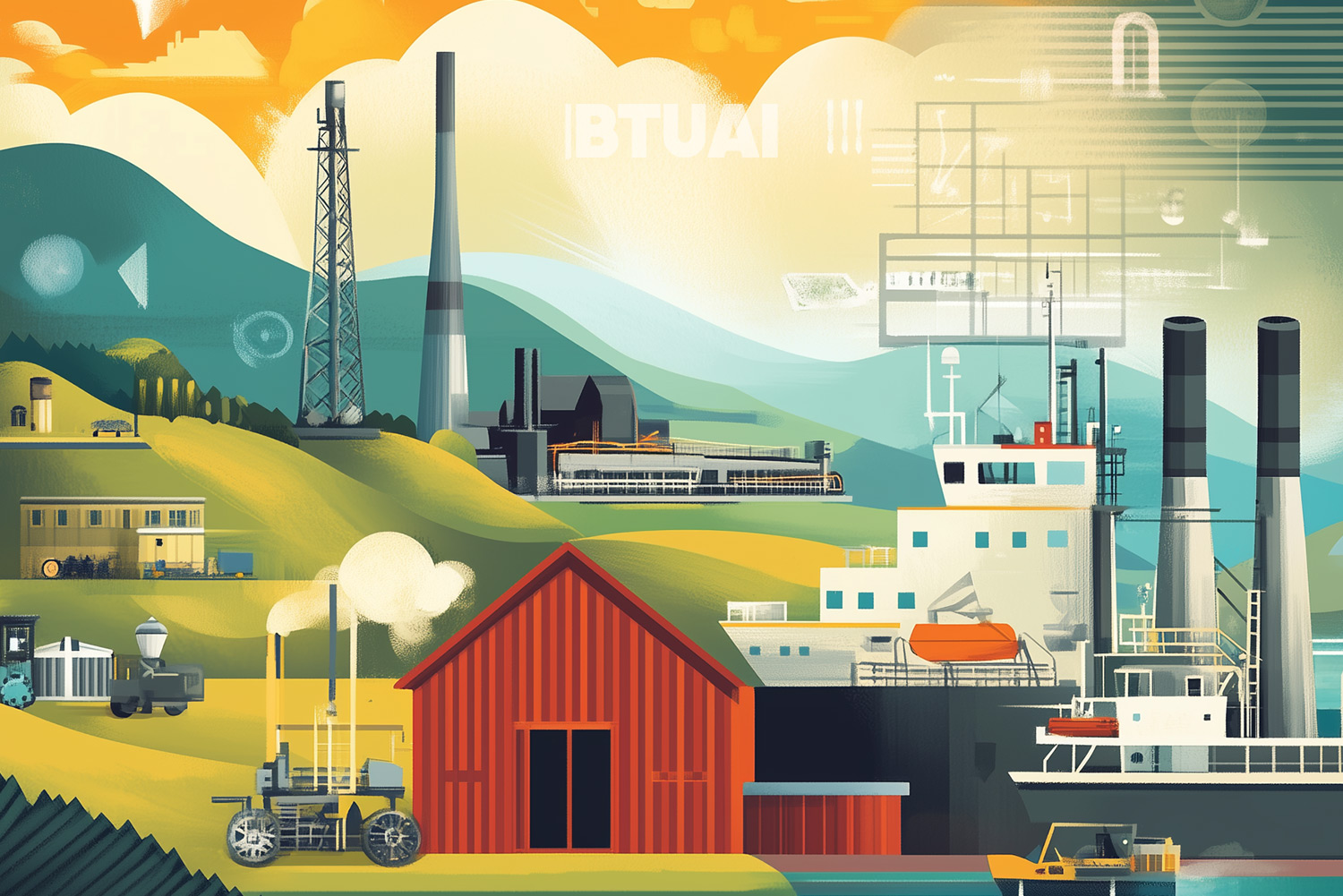Non-Technological Innovations in Georgia — Why Don’t We See Their True Value?
In Georgia, innovation is often associated solely with technological advancement. When we hear the word “innovator,” we tend to

In Georgia, innovation is often associated solely with technological advancement. When we hear the word “innovator,” we tend to picture someone working with code or artificial intelligence. But innovation is a much broader concept, and it can happen in places where technology isn’t the main driver at all.
Innovation means introducing a new or improved approach—whether that’s a product, process, idea, or experience. From this perspective, innovation can be found in agriculture, traditional crafts, education, or even public services.
In recent years, many people in Georgia have started creating value in non-technological fields. There are farmers producing bio-products tailored to market demands and selling them via digital channels, rural teachers using creative teaching methods without tech, and artisans blending traditional materials with modern design and exporting their products abroad.
Innovation can mean launching agritourism in a remote village, where locals create authentic experiences using their skills and cultural heritage. Or it might be a micro-entrepreneur making handmade ceramics and reaching a global audience through platforms like Etsy.
The public sector is also making small innovative steps—simplifying services, introducing digital processes, or improving access to public information. These changes don’t always depend on advanced technology, but they can still be innovative when they are people-centered and solve real problems.
Innovation isn’t just about creating new apps—it’s about applying fresh thinking to old problems. The key is recognizing value not only in technology, but also in the ideas and people working quietly to improve everyday experiences—in rural areas, through manual skills, and with practical insight.
Innovation is everywhere there is thought and transformation—it could be a shepherd’s new way of feeding livestock or a teacher’s approach that restores a child’s self-belief. Innovation is not just about technology—it’s about change that creates meaning.




